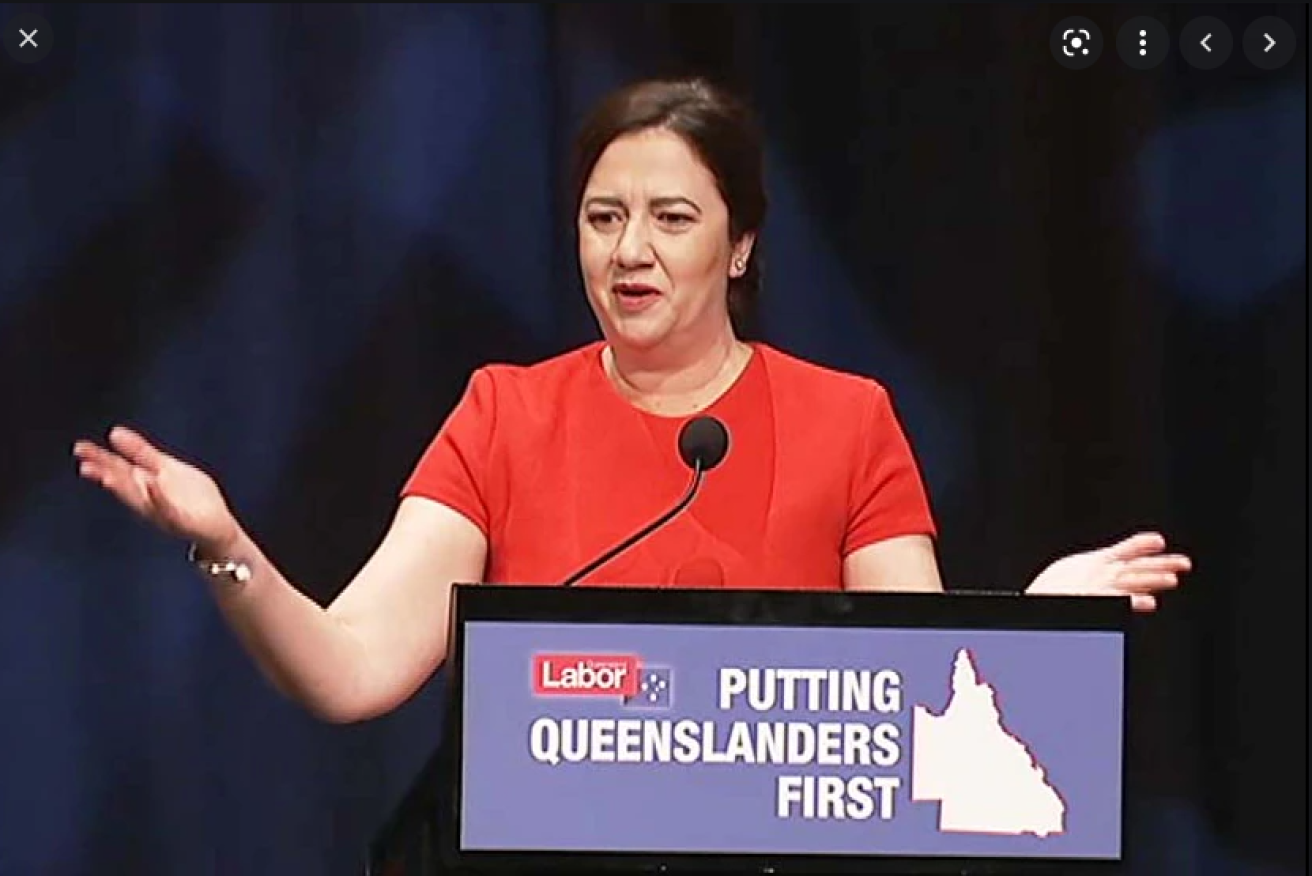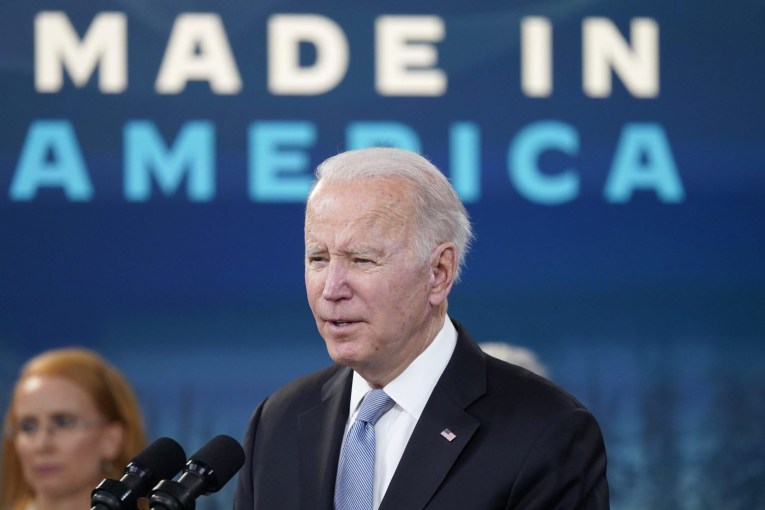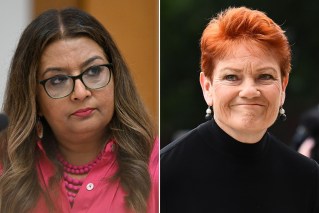Political parties get $3 million from taxpayers to brainstorm ideas
Every year, taxpayers give Queensland’s two largest political parties more than $1 million each under the guise of policy development. And these subsidies will only increase.

Premier Annastacia Palaszczuk addresses the ALP state conference (Photo: ABC).
Under a little-known provision of the state’s electoral laws, political parties receive funding from the government to develop policies that may or may not be put to voters. The Policy Development Payments were introduced by the former Newman government, with more than $21 million so far paid out to parties – separate to millions of dollars in funding they receive after every election, the staff and resources for MPs, and any donations or other revenue raised by their organisations.
The PDP is paid every six months no matter what stage of the electoral cycle (governing parties use the budget to develop policies, but the parties themselves tend not to announce anything new until an election campaign). It cannot be spent directly on elections, and is calculated based on votes received, not members elected to parliament.
For example, for the 2020-21 year, the Electoral Commission recently paid the first of two equal instalments, with the second to be paid in January next year: $647,199 to Labor, $587,024 to the Liberal National Party, $136,981 to the Greens, $89,061 to Pauline Hanson’s One Nation, and $39,735 to Katter’s Australian Party $39,735.
At its weekend state convention, the LNP focussed more on overhauling the organisational structure and leadership than policy development. However, a review of the 2020 election loss offered members greater say in policy development in future.
Ironically, LNP frontbencher Jarrod Bleijie introduced the PDP as attorney-general in the Newman Government, claiming it would help “ensure parties can continue to engage fully in developing and shaping policy while continuing to effectively represent the party”. The LNP lost the next election in a landslide, and the final rumble came at the weekend when former premier Campbell Newman quit the party.
Critics of the PDP say it entrenches the two-party system and lacks any accountability to demonstrate that taxpayers get value for money. The Labor government of Annastacia Palaszczuk not only kept the PDP but expanded it.
A report released by the Grattan Institute this week warned vested interests stood in the way of public interest when it came to policy development, partly due to a less effective media and weakened public service, and less appetite for controversy. It warned of a growing professional political class, and increasing political patronage, giving as an example the political appointments to government-owned corporations in Queensland.
“Problems with our systems of governance are cruelling the chances of policy reform,” said the author of the report, former Grattan Institute CEO John Daley.
“The slow corrosion of our institutions is gnawing away at Australian prosperity.”
Under the most recent round of electoral reforms, the PDP will be extended to elected independent MPs. However, that will not occur for another year – the election will be held in late 2024 – and the move coincides with the pool of funding being increased to $6 million, again to the major benefit of Labor and the LNP.
The Federal Government also gives money to politically-aligned think tanks.









